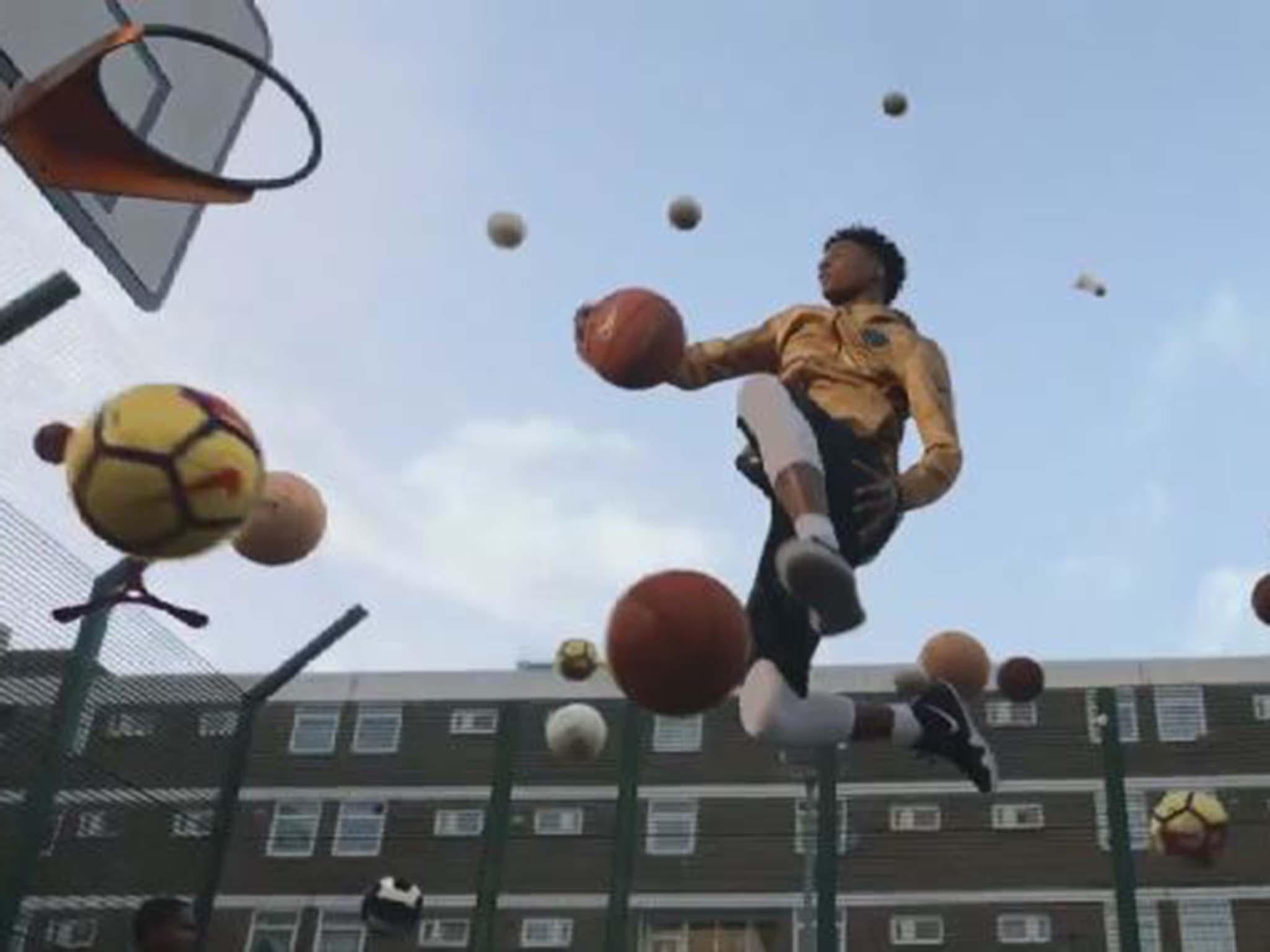The new Nike advert is all about diversity in sport – but where are all the Asians?
British Asians, tired of making their way up football’s long, arduous climb up into professional football, have sought pastures new in the US and Canada in a bid to carve out a career

Your support helps us to tell the story
From reproductive rights to climate change to Big Tech, The Independent is on the ground when the story is developing. Whether it's investigating the financials of Elon Musk's pro-Trump PAC or producing our latest documentary, 'The A Word', which shines a light on the American women fighting for reproductive rights, we know how important it is to parse out the facts from the messaging.
At such a critical moment in US history, we need reporters on the ground. Your donation allows us to keep sending journalists to speak to both sides of the story.
The Independent is trusted by Americans across the entire political spectrum. And unlike many other quality news outlets, we choose not to lock Americans out of our reporting and analysis with paywalls. We believe quality journalism should be available to everyone, paid for by those who can afford it.
Your support makes all the difference.Nike’s latest advert, a celebration of London’s diversity – featuring Skepta, Giggs, Mo Farah and Dina Asher-Smith – lifted my spirits. Instead of the usual male, pale and stale celebs, there was finally some melanin on my screen. Yet, “Nothing Beats a Londoner” didn’t feel as euphoric as it should have done – where were all the British Asians like me?
In the 2011 census carried out in England and Wales, Asians made up 7.5 per cent of the population – omitting the largest ethnic minority group in the UK in an advert celebrating ethnic diversity in sport seems a bit bizarre. But it has a grounding in reality – there just aren’t any British Asians in the industry.
Not a single British Asian footballer played in the Premier League this weekend. Nor have they for years. Only two British Asians have played at English football’s top level (the first in 2004), and a tiny handful of others in leagues below.
What’s holding us back? The problem isn’t as clear cut as it seems. The well-known “migrant-ethic” has some basis – where first-generation migrants to the UK, now grandparents and parents, urged their children to pursue stable professions, like medicine or accounting, over exploring sporting passions. Any child of migrants will identify with both the pressures and the gifts such values bring culturally. But it’s not the full picture.
A strong focus on education doesn’t negate the fact that there are many talented, young British Asian boys and girls picking up a ball or a racket. Some British Asians, tired of making their way up football’s long, arduous climb up into professional football, have sought pastures new in the US and Canada in a bid to carve out a career. Others I’ve spoken to in youth development say clubs exhibit unconscious bias against Asian‘s over stereotypes concerning their “physicality and stature”.
And what of less accessible sports that require investment from well-off parents? In business and employment, just 12 per cent of the UK labour force is from an ethnic minority background. The number of ethnic senior managers at FTSE 100 companies is less than it was in 2014. Ethnic minority families are in general worse off, and cannot access the capital needed to allow their children to follow their dreams.
Criticising the Nike advert for its blind spots isn’t criticism against the athletes and artists featured. They deserve that platform. BAME solidarity is vital if we are to change the structures and ideas holding us back as a progressive society. This is about the power brokers, managers and the creative directors who should realise that they are perpetuating the stereotype that “Asians don’t do sport”.
Films, adverts, sport – anything that requires public performance reflects where we are as a society. Currently, we are nowhere near to dissolving stereotypes about the Asian community. We thought these ideas were gone. But they’re just merely found in the things left unsaid.
Cyrille Regis, a pioneer for black footballers in the 1970s, passed away in January. Many remember the way he blazed a trail for young, black Brits. Over 40 years on, British Asians are still waiting for their “Cyrille Regis” moment on the field. Off it, another generation of young British Asians go without representation, even on a fictional commercial level.
Join our commenting forum
Join thought-provoking conversations, follow other Independent readers and see their replies
Comments